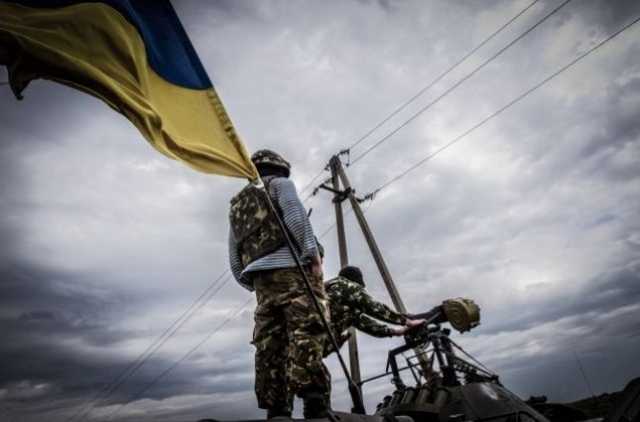Lawyer
Legal protection of persons with disabilities who suffered as a result of military operations
Persons with disabilities are one of the most vulnerable categories of the population during armed conflicts and military operations. They face numerous risks and challenges, including limited access to essential medical care, evacuation, shelters and special services. Providing legal protection and support for persons with disabilities who have suffered as a result of military operations requires a thorough analysis of documents, legal advice, and a legal and legal opinion of a lawyer.
International humanitarian law and international human rights law contain a number of provisions protecting the rights of persons with disabilities during armed conflicts. The Geneva Conventions of 1949 and their Additional Protocols require the provision of special protection and medical assistance to persons with disabilities, ensuring their evacuation and access to humanitarian assistance. In addition, the 2006 UN Convention on the Rights of Persons with Disabilities calls on states to take all necessary measures to ensure the safety and protection of persons with disabilities in situations of risk, including armed conflict.
However, in practice, persons with disabilities often face numerous obstacles and violations of their rights during military operations. They can be cut off from life-saving medical care, rehabilitation services and assistive technologies due to infrastructure destruction and population displacement. Legal advice and document analysis can help ensure they have access to the help and support they need.
A lawyer's legal opinion can be useful for protecting the rights of persons with disabilities who have become victims of military operations. Lawyers can represent their interests in legal proceedings, claim damages and ensure access to justice. In addition, a lawyer's legal opinion / legal analysis of the situation can help ensure the implementation of provisions of international law and national legislation on the protection of the rights of persons with disabilities.
One of the key issues is ensuring the availability and inclusiveness of humanitarian aid and services for persons with disabilities in armed conflict. Humanitarian organizations and authorities should consider the special needs and barriers faced by persons with disabilities and develop appropriate strategies and programmes. Consulting a lawyer can help ensure that the principles of inclusiveness and non-discrimination are followed in the provision of care.
In addition, it is important to ensure the participation of persons with disabilities themselves and their representative organizations in decision-making processes related to humanitarian activities and post-conflict reconstruction. Document analysis and legal opinion can help create legal mechanisms to involve persons with disabilities in these processes.
After the end of an armed conflict, persons with disabilities who have suffered as a result of hostilities may require additional support and rehabilitation. A lawyer's legal opinion can help them access appropriate programs and services, including medical and psychological rehabilitation, vocational training and social integration.
It is also important to ensure that persons guilty of violating the rights of persons with disabilities during the armed conflict are brought to justice. Consulting a lawyer and analyzing documents can help investigate cases of violations, gather evidence, and initiate legal proceedings against those responsible.
In summary, the legal protection of persons with disabilities who have suffered as a result of military operations is a complex and multifaceted issue that requires a comprehensive approach. Consultation of a lawyer, analysis of documents, legal and legal opinion of a lawyer are key tools for ensuring compliance with international norms and national legislation, protection of the rights of persons with disabilities, access to humanitarian aid and services, as well as prosecution of those responsible for violations. Only through close cooperation and joint efforts can we achieve real protection and support for persons with disabilities in armed conflict.

































